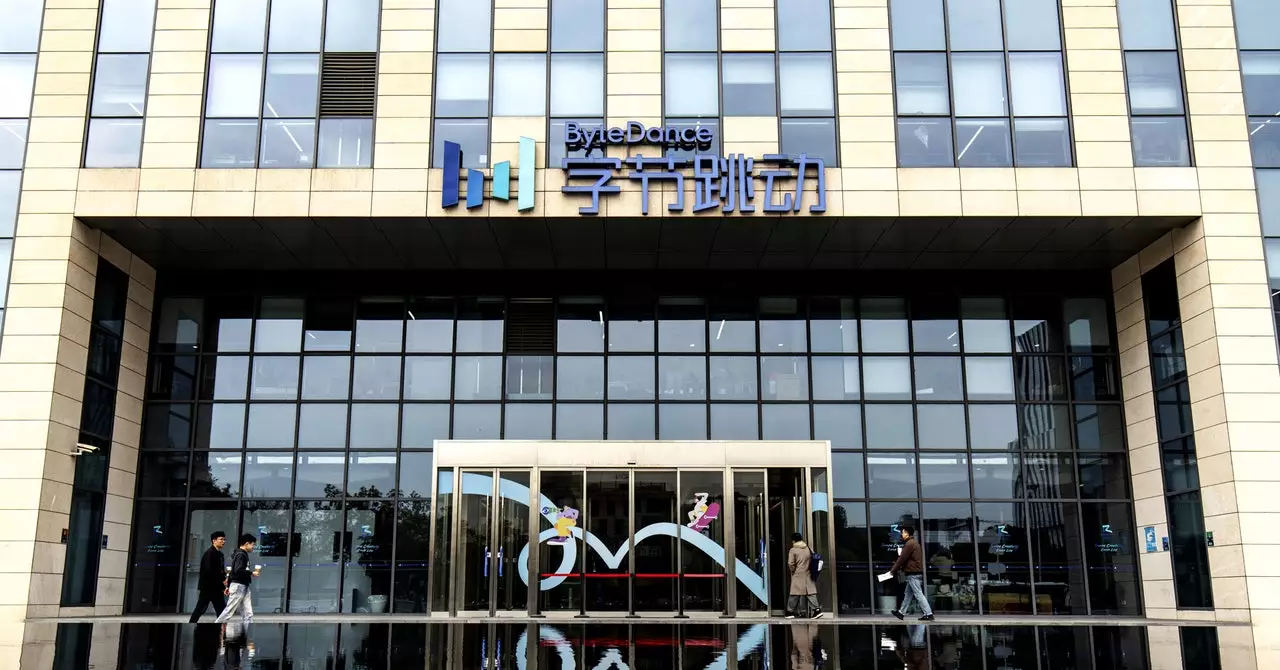This week, the AI research community was rocked by the news of Keyu Tian, a former ByteDance intern, being awarded the prestigious Best Paper Award at the Neural Information Processing Systems (NeurIPS) conference, despite allegations of professional misconduct. Tian, listed as a master’s student in computer science at Peking University, is the first author of a paper titled “Visual Autoregressive Modeling: Scalable Image Generation via Next-Scale Prediction.” This paper is touted for its innovative approach to image generation, claiming advancements in speed and efficiency compared to existing methodologies.
However, the accolades come at a time when Tian faces serious allegations from ByteDance, where he reportedly was dismissed for sabotaging the work of colleagues. This incident raises critical questions about the ethical landscape of AI research and the responsibilities that accompany innovation.
The award’s announcement quickly ignited discussions about the integrity of the review processes within top-tier conferences like NeurIPS. Many in the academic community have expressed concern that the committee failed to adequately consider the ethical implications related to authorship and the behavior of researchers when granting such prestigious acknowledgments. Internet commentator Abeba Birhane criticized the award as jeopardizing the event’s reputation, indicating that this was not an isolated incident but part of a broader pattern where ethical breaches are seemingly overlooked in favor of scientific innovation.
This backlash raises pivotal questions about the standards by which research is evaluated. Should awards acknowledge only the scientific merit of a paper, or must they also consider the ethical behavior of its authors? The NeurIPS spokesperson maintained that the decision to grant the award was based solely on the paper’s quality and not on Tian’s controversial past. This assertion, however, lands awkwardly in light of the accompanying accusations and the ongoing debate about maintaining rigorous ethical standards in research practices.
The fallout from this situation is likely to have far-reaching implications for both AI research and the credibility of prestigious conferences. As the field grapples with rapid advancements and mounting ethical complexities, the community may need to devise clearer guidelines that integrate ethical considerations into the evaluation means. Advocates for change are emphasizing the need for transparency, suggesting that without accountability, the integrity of scientific endeavors could be at risk.
The situation also serves as a critical reminder for emerging researchers and established professionals alike about the consequences of unethical behavior. With AI applications permeating numerous sectors, from healthcare to finance, the scientific community’s responsibility to uphold the highest ethical standards is paramount. Continuous public scrutiny and discussion can propel the field toward more responsible practices that honor not just innovation but the integrity of the science itself.
In light of this controversy, there is an urgent need for the AI research community to engage in introspection. Academic conferences must prioritize maintaining ethical considerations alongside scientific excellence. The incident with Keyu Tian illustrates a broader challenge within the field: how to balance groundbreaking innovation with the ethical obligations that researchers bear. As AI continues to evolve and shape the world, upholding ethical standards will be essential for maintaining trust and credibility, ensuring that advancements benefit society as a whole without compromising moral integrity.


Leave a Reply